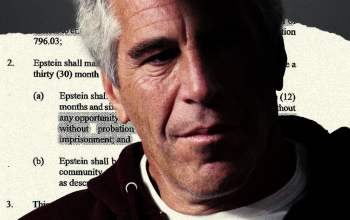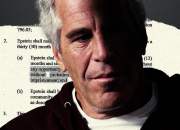The assassination of conservative activist Charlie Kirk, founder of Turning Point USA, has not only shaken the political world but also triggered a powerful wave of reactions across the United States. Days after his death at Utah Valley University, the nation is experiencing a new phase of fallout marked by public outrage, workplace consequences, platform crackdowns, and rising political tensions.
Conservative Anger and Calls for Retribution
In the immediate aftermath, right-wing commentators and media figures framed Kirk’s killing as a politically motivated attack on conservative values. Several voices within the movement described the moment as a “war,” vowing retribution and warning of political consequences. Analysts note that such rhetoric risks inflaming already polarized communities.
Social Media Backlash and Workplace Fallout
The online conversation around Kirk’s death quickly turned toxic. Some users on X, Bluesky, and other platforms posted mocking or celebratory comments about the killing. The backlash was swift: several employees across media, education, and corporate sectors have been fired or suspended for their online remarks. Supporters of these disciplinary actions argue that mocking a political assassination is unacceptable, while critics warn this sets a dangerous precedent for free speech.
Platforms Crack Down on Content
Social media companies have been forced to respond decisively. Platforms like Bluesky, Meta, and X issued statements warning users not to glorify violence or celebrate Kirk’s death. Thousands of posts have already been removed or restricted. While tech companies say this is necessary to maintain safety and prevent incitement, free speech advocates argue that these moves reflect increasing corporate control over political discourse.
Escalating Political Rhetoric
The fallout has further deepened the political divide. Conservative figures describe Kirk as a “martyr” for free speech and American values, while Democratic leaders urge calm and call for a rejection of political violence on all sides. The language from both camps is growing more intense, with words like “civil war” and “battle cry” entering mainstream debates. Experts warn that unchecked rhetoric could further destabilize an already volatile political climate.
Free Speech vs. Accountability
The controversy highlights a larger battle between free expression and accountability. Supporters of disciplinary actions insist that individuals must face consequences for celebrating violence. On the other hand, critics — especially in conservative media — claim these firings represent a campaign to silence dissent and punish unpopular opinions, even when expressed online in personal capacities.
Misinformation and Conspiracy Theories
Even before authorities confirmed a motive, speculation flooded online spaces. Conspiracy theories about who ordered or inspired the attack gained traction, raising concerns that misinformation could lead to further radicalization. Security experts warn that this toxic mix of anger, rumors, and disinformation may fuel more unrest if not addressed responsibly.
Conclusion
Charlie Kirk’s death has become more than a tragedy — it has evolved into a flashpoint for political, cultural, and digital battles. From calls for vengeance to debates over free speech and online moderation, the fallout reveals how fragile America’s political environment has become. As Erika Kirk vows to carry forward her husband’s movement, the nation now faces an even greater test: whether it can navigate this moment without sliding deeper into division and unrest.









